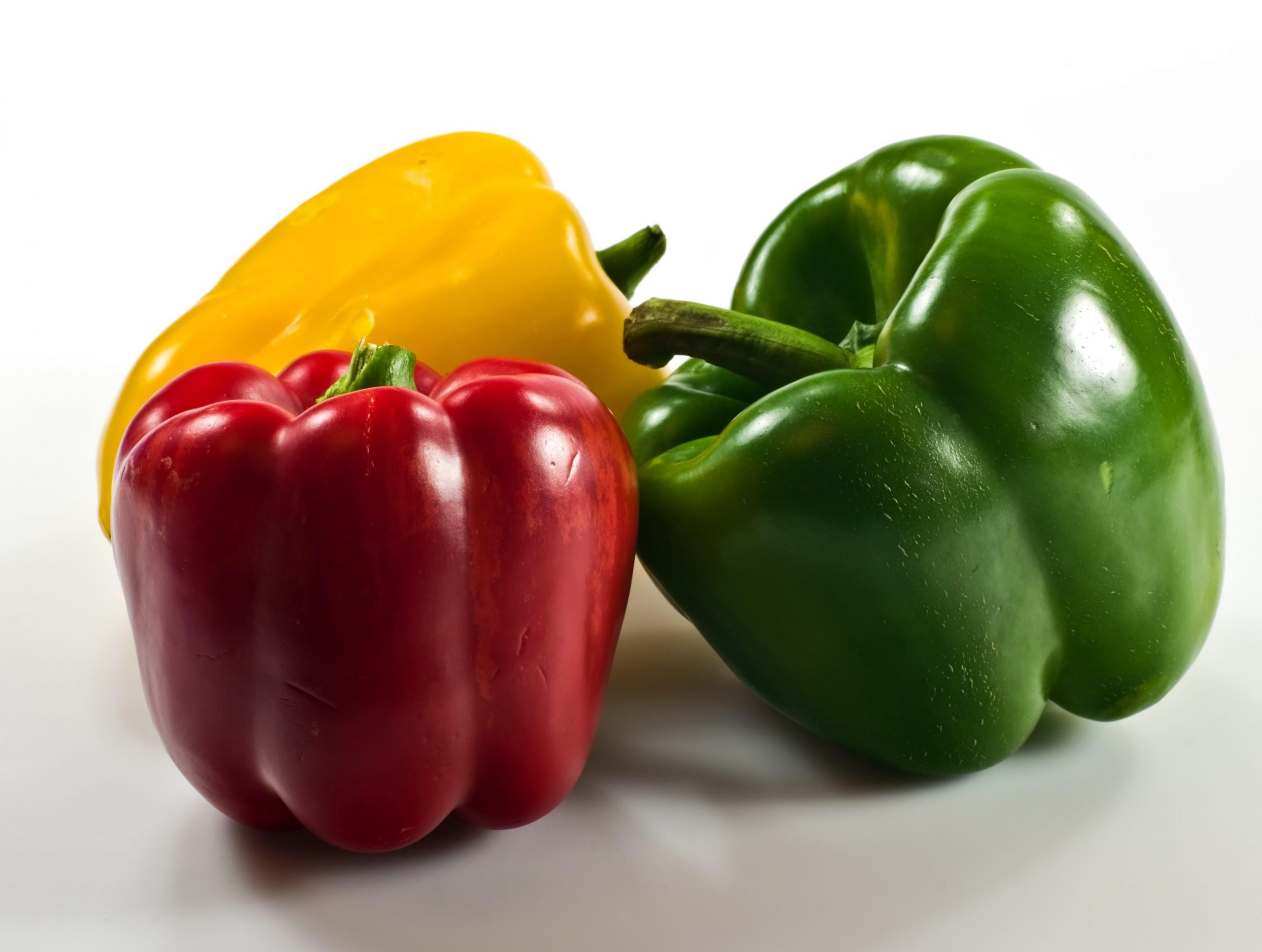Best Fertilizers for Peppers: Enhance Development and Flavor with Our Top Picks
Best Fertilizers for Peppers: Enhance Development and Flavor with Our Top Picks
Blog Article
Organic Vs. Synthetic Fertilizers: Which Is Best for Nurturing Healthy And Balanced Pepper Plants?
In the world of supporting healthy and balanced pepper plants, the option in between synthetic and natural fertilizers stands as an essential decision with far-reaching implications. While both alternatives goal to supply vital nutrients to support plant growth, the subtleties of their influence on the dirt, plant health and wellness, and the environment spark a discussion that mirrors throughout the gardening community. Understanding the unique advantages and possible risks of each fertilizer type is important for pepper growers seeking to optimize their yields while keeping an eco-conscious and sustainable strategy.
Advantages of Organic Plant Foods
Organic fertilizers supply a sustainable and environmentally-friendly approach to beneficial pepper plants, offering essential nutrients without the usage of artificial chemicals. These all-natural fertilizers are acquired from natural sources such as garden compost, manure, bone meal, and seaweed, advertising soil health and biodiversity. Unlike artificial plant foods, organic alternatives launch nutrients slowly, ensuring a consistent and balanced supply for pepper plants to prosper.
One significant advantage of natural fertilizers is their capability to boost soil structure and water retention. By boosting soil health and wellness, natural fertilizers promote beneficial microbial task, which aids in nutrient uptake by pepper plants. Furthermore, natural fertilizers lower the risk of chemical run-off, protecting water resources from pollution and safeguarding the atmosphere.
Additionally, organic plant foods add to long-term soil fertility by promoting the growth of advantageous dirt microorganisms. These organisms aid damage down raw material, launching nutrients in a kind that is easily obtainable to pepper plants. best fertilizers for peppers. By fostering a healthy and balanced soil ecosystem, organic fertilizers sustain lasting pepper cultivation practices that benefit both plants and the environment
Drawbacks of Synthetic Fertilizers
Artificial plant foods, unlike their natural equivalents, pose different downsides when made use of to nurture pepper plants, impacting both plant health and wellness and ecological sustainability. One major disadvantage of artificial fertilizers is their tendency to seep nutrients from the dirt quickly. This rapid leaching can cause vitamins and mineral discrepancies in the dirt, creating plants to struggle with poisonings or deficiencies. Furthermore, artificial plant foods can damage beneficial soil microorganisms, such as earthworms and valuable bacteria, interrupting the dirt ecological community's balance.
Moreover, the overuse of synthetic plant foods can add to water contamination. Excess fertilizers not absorbed by plants can clean away right into water bodies, bring about eutrophication, where algae blossoms diminish oxygen levels in the water, hurting water life. Additionally, synthetic plant foods are commonly originated from non-renewable sources, such as nonrenewable fuel sources, adding to carbon exhausts and ecological destruction throughout their production.
Nutrient Absorption Comparison
When contrasting organic and synthetic plant foods in terms of nutrient absorption, natural fertilizers have the benefit of providing a much more well balanced and slow-release source of nutrients. Organic plant foods contain a selection of macro and micronutrients that are not just beneficial for the plants yet additionally advertise healthy dirt microbial activity, which assists in nutrient uptake.
Moreover, organic plant foods enhance dirt structure and water retention capability, permitting pepper plants to access nutrients much more successfully. This improved soil top quality facilitates origin growth, enabling better nutrient absorption. Synthetic plant foods, although originally improving plant development because of their high nutrient concentrations, may hinder long-term nutrient absorption by derogatory dirt health and wellness in time.
Environmental Impact Factors To Consider

On the various other hand, artificial plant foods, although typically more concentrated and instantly available to plants, can have detrimental results on the setting otherwise applied properly (best fertilizers for peppers). Their production calls for high power inputs, resulting in greenhouse gas exhausts and adding to climate adjustment. The overflow of excess artificial fertilizers can infect water sources, leading to eutrophication and hurting marine communities.
Best Fertilizer Practices for Peppers
When fertilizing pepper plants, enhancing nutrient uptake and decreasing environmental effect are vital considerations. To accomplish this, it is necessary to follow finest plant food techniques customized to the specific requirements of pepper plants. One important practice is to carry out a dirt examination prior to using any fertilizers. This examination can establish the pH level of the dirt and identify any kind of nutrient deficiencies, leading you in picking one of the most suitable plant food formula.
One more crucial method is to feed pepper plants at the correct time. Normally, peppers benefit from receiving plant food at planting and afterwards once again when they start to blossom. Over-fertilizing can bring about redirected here nutrition imbalances and damage the plants, so it is essential to follow recommended application prices.
Additionally, picking a well balanced plant food with an NPK proportion that suits pepper plants' demands is essential. Inevitably, incorporating artificial and natural plant foods carefully can aid nurture healthy read pepper plants while decreasing ecological influence.
Final Thought

Organic plant foods supply a lasting and environmentally-friendly approach to nourishing pepper plants, providing essential nutrients without the use of artificial chemicals. Unlike artificial fertilizers, natural choices release nutrients slowly, ensuring a steady and well balanced supply for pepper plants to prosper.
Synthetic plant foods, in comparison to their organic counterparts, posture different negative aspects when made use of to nurture pepper plants, influencing both plant health and wellness and environmental sustainability. When contrasting natural and artificial plant foods in terms of nutrient absorption, organic plant foods have the benefit of giving a more well balanced and slow-release source of nutrients.Additionally, organic fertilizers enhance dirt framework and water retention ability, permitting pepper plants to accessibility nutrients a lot more see page successfully.
Report this page